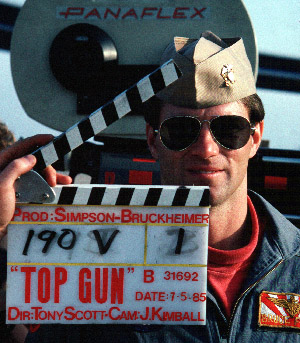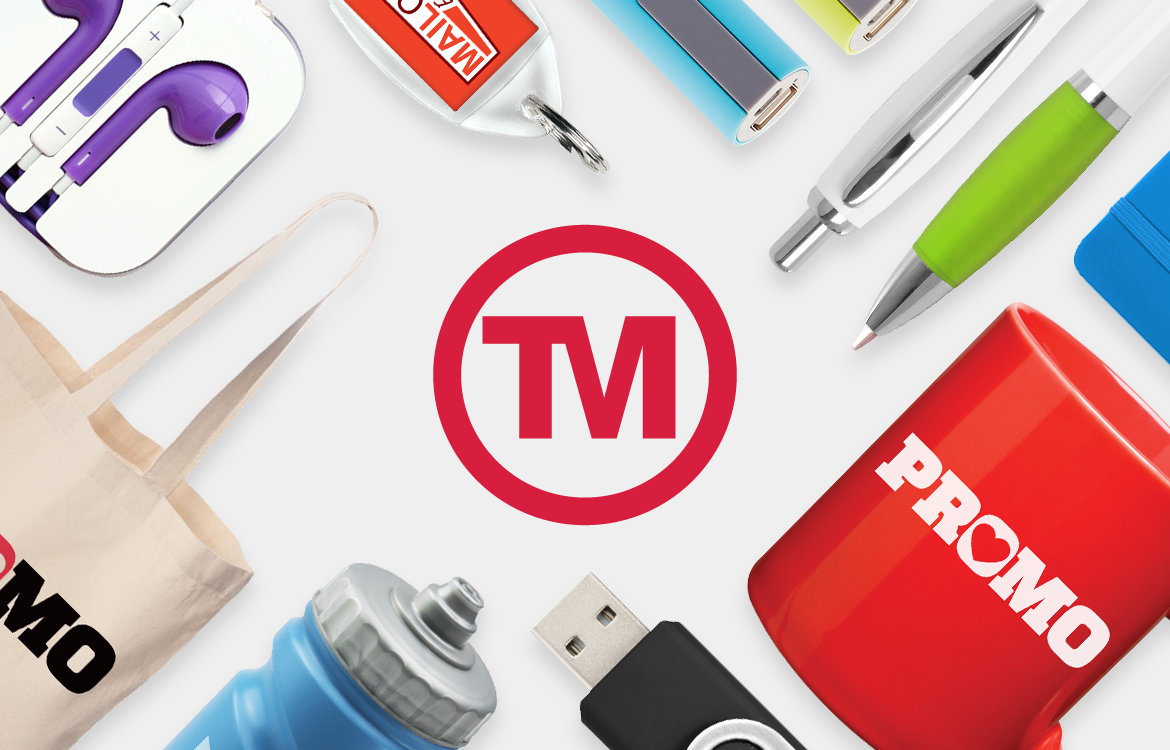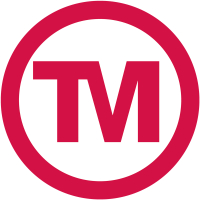Product placement, a practice in which manufacturers of goods or providers of a service gain exposure for their products by paying for them to be featured in films and television programmes. It can be a powerful advertising method, however can be seen as 'spammy' and unwanted.
The Positives
 Ray Ban Product Placement in Top Gun. Source, Wikimedia Commons.
Ray Ban Product Placement in Top Gun. Source, Wikimedia Commons.First, product placement in film, TV and other formats can help these projects to get funded. That means cheaper movie tickets, more episodes of a favourite TV show, or online videos that simply wouldn't have existed without the help from companies looking to advertise. If done properly product placement can be done without interrupting the show, meaning everyone's a winner.
For companies product placement can be a great way to get into the public eye. Ray Ban sunglasses' success was heavily influenced by their aviators being featured in the hit 80s film, Top Gun. Ray Ban actually seem to have a lot of success with product placement, with their Wayfarer frame being popularised by another film starring Tom Cruise - Risky Business.
The Negatives
Though product placement can be both effective for marketers and beneficial to the consumer, product placements have their downsides...
For the consumer, their favourite programmes or films can be broken up by annoying and obvious product placement. If a product placement bit takes to long then it can spoil your immersion. Take this scene from the modern remake of Hawaii Five 0:
This product placement seems way too long and drops almost every Subway phrase, however I do now fancy a sandwich.
For companies product placement can be effective, but it can also be risky (depending on your contract). A company could donate a fleet of vehicles to a movie production which could then be driven by the heroes of the film and heavily promoted. However these same cars could simply be destroyed as a prop, or could be shown to be unreliable and cheap - damaging the brand.
Finally, there's regulation. While in the US and many other countries product placement is barely regulated, the UK has very strict product placement rules. Even online the Advertising Standards Authority (the UK's advertising regulatory body, abbreviated to ASA) are going after YouTubers and Instagram celebs who are publishing product placements and sponsored content without informing viewers.
Product Placement Alternatives
While product placement can be a truly powerful advertising medium, it doesn't work for everybody. Alternatives include standard graphic advertising, either online or traditional media. But, of course, we suggest promotional merchandise. Studies have shown that giving away branded products can have an extremely high conversion rate. With branded products everyone's a winner! Both the consumer receiving the product - they get a free product to do what they want with. And the brand who now has hundreds or thousands of branded products distributed that spread their brand.

































